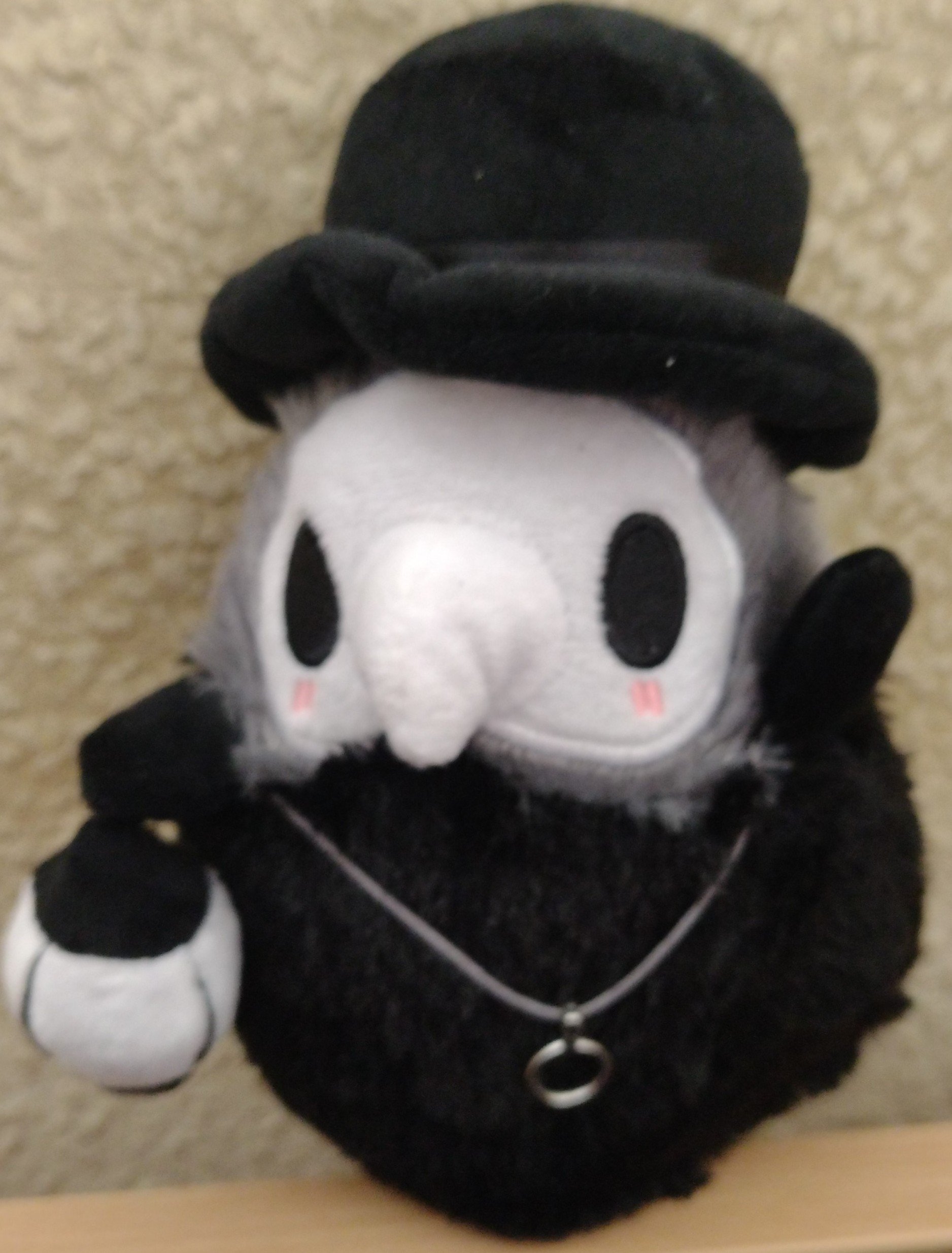Cuttently I’m sitting Pünktchen as well as my former cats Koda and Lilly (on top of my cat Miez and my foster Samson). Turns out the smallest kitty is the least scaredy-cat of them all, while the biggest (Samson) is by far the most scared one.
Smol.
omg
hisher head is too big forhisher body 😁It’s more the other way around really. We hope she’ll get bigger so that she outgrows her hind leg issues.
She is a very sweet looking kitty regardless, may she enjoy many good naps in warm places 😁
Has she been checked for dwarfism? Her proportions are ridiculously cute, but they might be a symptom.
I am smitten with her and her name!
I LOVE the Name!
Is it because she has this cute little spots on her nose?
Exactly
Turns out the smallest kitty is the least scaredy-cat of them all, while the biggest (Samson) is by far the most scared one.
Obviously, the smaller the cat, the harder to hit, and easier to hide.
Please tell her that she is beautiful and give her pets for me.
Her look says, “Back off, I’ll take you on, headstrong to take on anyone!”
I’m gonna say it: How do you pronounce her name??
EDIT: For dumbass Americans like me who needed to hear it; it’s Poonk-chin
Phonetic is [ˈpʏŋktçən]. It consists of two parts Pünkt-chen.
The “ü” sound really doesn’t exist in English. If you know any french, the u in ‘tu’ (french for ‘you’) is pronounced similarily.
I’m guessing the ‘nkt’ is the hardest part to pronounce since you really have to have each letter audible.
‘ch’ is like a cats hissing sound.
‘en’ is pronounced the same way as ending without the ding.
Translation: Little dot/dots due to her face markings. ‘Punkt’ means ‘dot’, and if we wanna make a smaller version of a word (and/or cuter), a ‘u’ becomes an ‘ü’ (‘a’ becomes ‘ä’, ‘o’ becomes ‘ö’), and the ending -chen is added.
E.g. Haar (hair) becomes Härchen, the ä is pronounced the same as the a in man, but long. In contrast, Herrchen (as in owner of a pet) is pronounced basically the same but with a
smallshort vocal and a sharply pronounced r.Hope that helps.
Edit: If you know how to pronounce a/o/u, you already know what your lips must do for ä/ö/ü. However the tongue and lower jar make for a different sound.
If you press one of the small speaker buttons to the right of this website, it’ll say it: https://www.dict.cc/?s=Pünktchen
You know you have to get a cat named Anton now, right?
Boop :3






